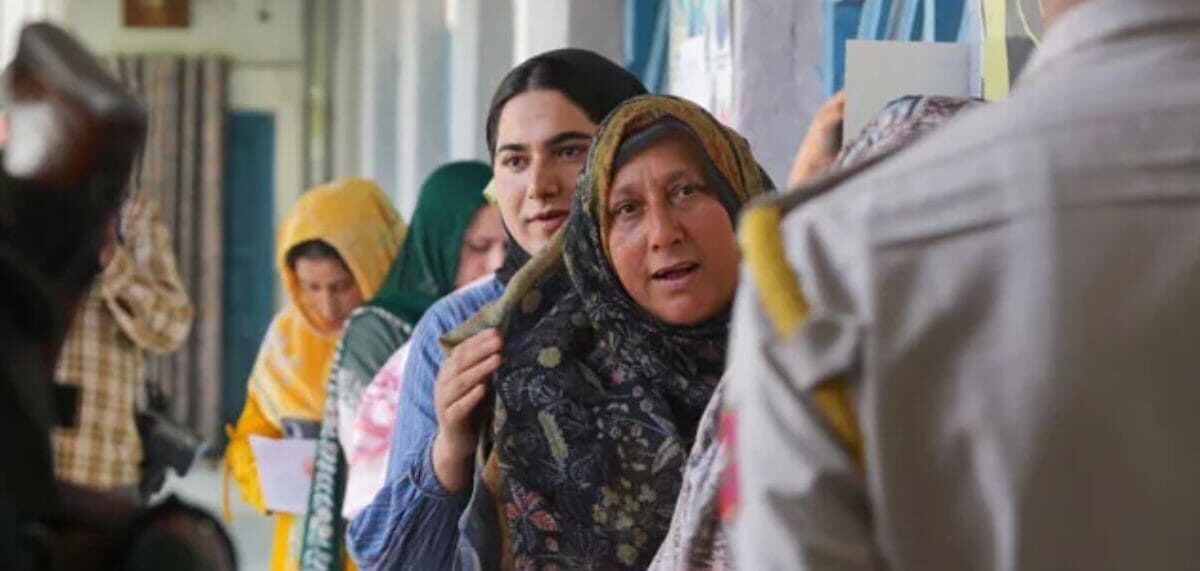Jammu and Kashmir recently concluded its three-phase assembly elections, a pivotal moment that could potentially reshape the political landscape of the region. This wasn’t just any election – it marked a series of firsts that deserve a deeper dive to appreciate the significance of these democratic exercises in the Union Territory.
For the first time since the drastic changes post-August 5, 2019, including the abrogation of Articles 370 and 35A, the region has witnessed assembly elections. Notably, these are the first polls after the delimitation of assembly segments in 2022, and remarkably, this election introduced reserved seats for Scheduled Castes and Scheduled Tribes, amplifying voices from these communities in the electoral process.
No Boycott, No Strikes
A commendable aspect of this election was its peaceful conclusion without any calls for boycotts or strikes, a departure from decades of election-related unrest. For the first time in 77 years, Hindu refugees from Pakistan, including communities such as the West Pakistan Refugees (WPR), Valmikis, and Gorkhas, participated in the voting process. This inclusivity and peaceful conduct signify a collective realization of the importance of engaging with the democratic process to voice concerns and aspirations.
After years of political rhetoric, the abrogation of Article 370, once deemed an unachievable goal by many, became a reality under the Modi government. This removed the ‘Special Status’ of Jammu and Kashmir, a move that was met with mixed feelings across the political spectrum.
A New Way Of Working
Interestingly, the political discourse in the region witnessed a shift. The National Conference and PDP shifted their focus from Article 370 to broader issues, indicating a change in narrative that no longer centers solely on Kashmiri identity and pride as tied to the special status.
Moreover, the demand for the restoration of statehood became a significant campaign issue. The bifurcation of Jammu and Kashmir into two Union Territories – Jammu & Kashmir and Ladakh – and the transfer of substantial powers to the Lieutenant Governor have made the demand for statehood more vocal among local leaders.
Lessons From The DDC Elections
The Panchayat and District Development Council (DDC) elections brought a new wave of political aspirants at the grassroots level, challenging the dominance of traditional parties like the NC, PDP, and Congress in the Kashmir Valley. The surprising outcome of the DDC elections, where the BJP emerged as the single largest party, indicated a shift in the political landscape and suggested a new direction for the region’s politics.
A Slew Of New Names
This assembly election saw a significant number of independents and candidates from smaller parties throwing their hats into the ring, making the electoral process even more vibrant and unpredictable. While traditional parties appeared to lose some ground, the unfolding political narrative suggests an intriguing election outcome.
The results, expected on October 8, may well lead to unexpected coalitions and realignments among political parties and groups, reflecting the dynamic and evolving nature of democracy in Jammu and Kashmir.
In reflection, these elections serve as a milestone in the journey of Jammu and Kashmir’s democratic evolution, showcasing a remarkable transition towards peaceful, inclusive, and participatory governance. This moment in history underscores the resilience and aspirations of its people, highlighting a new chapter for the region on the horizon.
